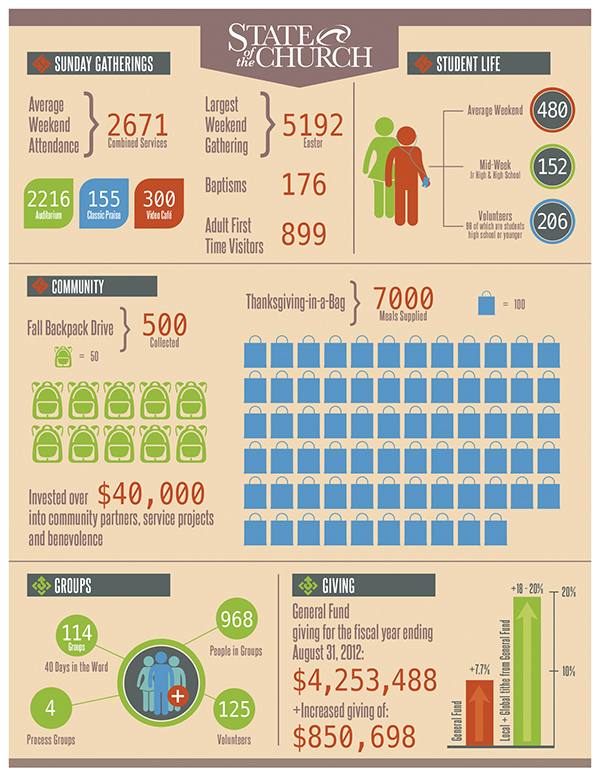Checking Out The Deep-Rooted History And Relentless Influence Of Catholic Schools Internationally
Checking Out The Deep-Rooted History And Relentless Influence Of Catholic Schools Internationally
Blog Article
Published By-McPherson Kumar
When you consider the history of education and learning, Catholic colleges stand out for their ingrained customs and long lasting influence. These establishments started as a way to instill faith and values, yet they have actually adapted remarkably over centuries. Today, they play a crucial function in shaping not just academic success yet likewise moral integrity. What's interesting is exactly how they have actually managed to flourish among transforming social landscapes, questioning about their future significance and effect.
The Beginnings of Catholic Education And Learning: A Historic Viewpoint
Catholic education traces its roots back over 1,500 years, when very early Christian areas recognized the requirement for organized knowing. You'll find that these neighborhoods aimed to hand down their confidence and values through education.
Monasteries and basilica schools became centers of discovering, supporting both spiritual and intellectual growth. As you dig much deeper, you'll see that the curriculum commonly included approach, theology, and the liberal arts, made to form versatile people.
In time, the Church developed a lot more formal establishments, making certain that education remained available to all. The dedication to teaching moral worths and cultivating a sense of community has actually persisted via the centuries, shaping the academic landscape and affecting many lives worldwide.
Elementary Catholic schools Near Me Leland -lasting heritage continues to inspire Catholic education today.
The Evolution of Catholic Colleges With Social Contexts
As cultures progressed, so did the duty of Catholic schools, adapting to the cultural contexts in which they existed. In the very early years, these organizations concentrated largely on religious guideline, however as communities expanded, they began to include local languages, personalizeds, and academic demands.
You 'd notice that Catholic schools usually became facilities for social cohesion, promoting a feeling of belonging among students from numerous backgrounds. In many regions, they resolved societal problems, such as destitution and discrimination, by supplying accessible education for all.
As you check out various cultures, you'll see how Catholic schools have actually changed their curricula and mentor approaches, reflecting the worths and challenges of their environments while remaining true to their fundamental goal of confidence and academic excellence.
The Modern Role and Influence of Catholic Schools in Culture
In today's globe, Catholic colleges play a vital role fit not just the instructional landscape, yet additionally the broader area.
You'll discover that these organizations highlight worths like respect, concern, and social justice, promoting well-shaped people who add favorably to society. By concentrating on academic excellence and moral growth, Catholic schools prepare pupils for future difficulties, supporting vital thinking and leadership skills.
They often serve varied populaces, connecting voids in accessibility to high quality education and learning. Furthermore, https://www.npr.org/2020/07/30/896712611/american-christianity-must-reckon-with-legacy-of-white-supremacy-author-says might see their commitment to service, urging pupils to participate in area outreach and volunteer work.
This blend of education and ethical support makes Catholic schools a substantial force, growing accountable citizens that can influence their communities for the better.
Final thought
In conclusion, Catholic institutions have a rich history that's shaped their enduring effect on society. You've seen exactly how they've adjusted to numerous social contexts while preserving a commitment to faith, values, and academic quality. Today, they continue to play an essential duty in cultivating community, advertising social justice, and nurturing accountable people. As you review their tradition, it's clear that Catholic institutions continue to be an effective force for positive adjustment in the world.
